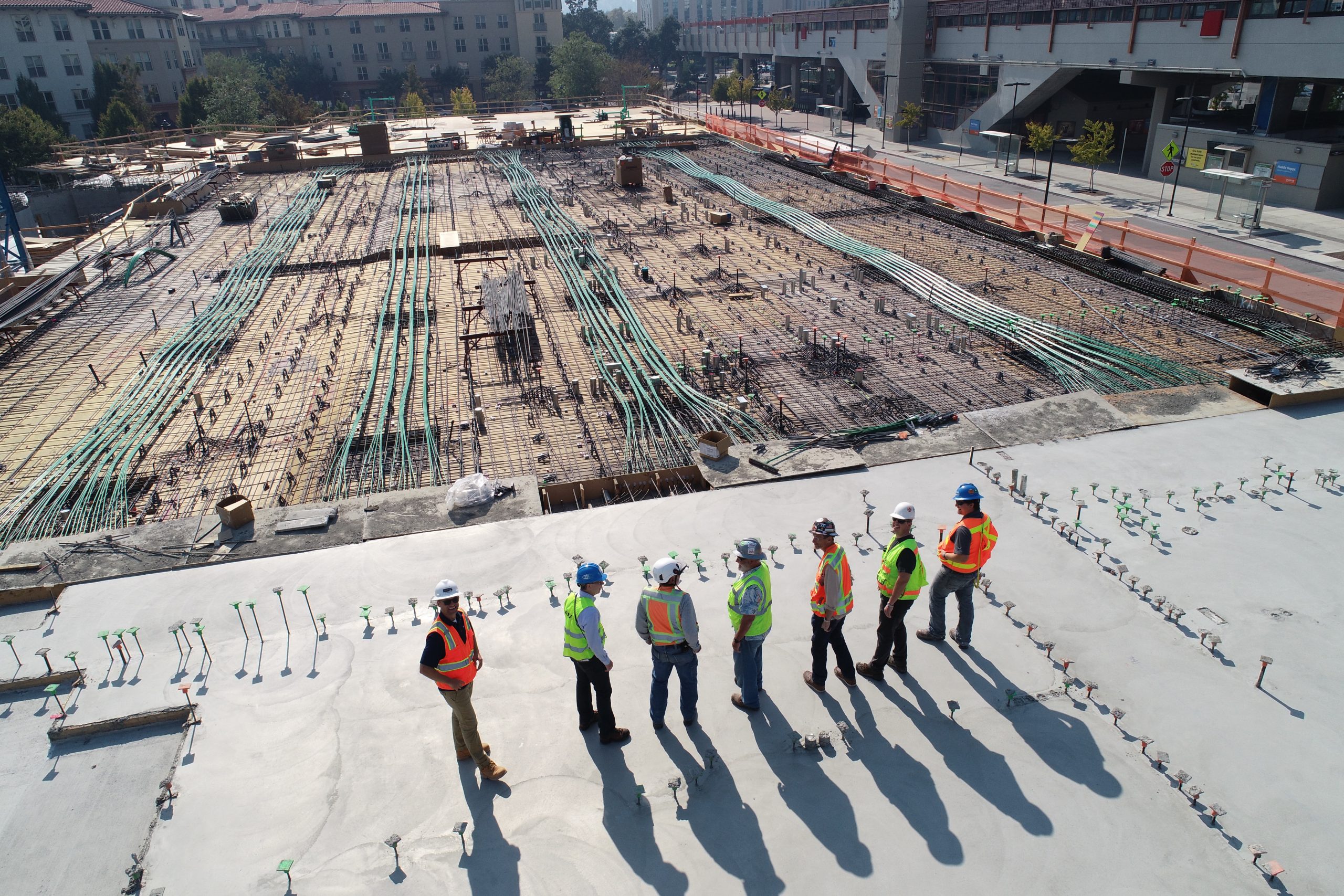- 45% of construction industry professionals report project delays as their biggest challenge, with 72% always or often experiencing delays
- Major project activity across the Australian construction sector set to peak at $A 100 billion in the next three years,
- According to PMI Pulse of the profession report 2020, US$133m is lost for every US$1 billion spent on projects due to poor performance
The Project Management Institute (PMI) today launched its new range of project management courses and certifications. Construction Professional in Built Environment Projects (CPBEP)™ is PMI’s first industry-specific solution tailored specifically for construction professionals.

Subscribe to our Telegram channel to get a daily dose of business and lifestyle news from NHA – News Hub Asia!
PMI worked with leading global organisations, such as BHP, Amey and Larsen & Tourbo and other subject matter experts to identify common issues and challenges facing the industry, including a significant skills gap.
The new training courses and micro-credentials will help industry professionals to upskill and ensure they have the skills needed to successfully deliver projects of all sizes. They are designed to help improve techniques and set new standards for the industry.
Ben Breen, Global Head of Construction and Managing Director, Asia Pacific at PMI, said: “With more than 50 years in the project management industry, PMI is uniquely positioned to help equip professionals with the skills needed to transform the surging industry by developing innovative learning methods and practices. Our new construction training certification will help organisations follow globally recognised skills sets. This will better equip professionals with the skills needed to bring projects to life and address key challenges, including communication, scope and change order and interface management (IM).”
Challenges unique to the construction industry are impacting project outcomes and taking a toll on the professionals leading these projects—and the companies funding them. According to the Pulse of the Profession research by PMI, in Australia, it is estimated that US$133m is lost for every US$1 billion spent on projects and programs due to poor project performance.
When compared with global competitors, such as the US, Australian construction workers very rarely move between sectors within the industry, as employers traditionally do not consider skills to be transferable. Instead, experience within a specific sector is sought after, creating a reliance on international partners and importing talent.
PMI surveyed global construction industry experts and found that on-site productivity, scheduling, budgeting and scope creep, alongside alignment of owners, design and contractors, have been cited as key industry pain points. 45 per cent of industry respondents reported project delays as the most difficult challenge, with 72 percent experiencing project delays always or often. The research also found that those working in the sector believe that leadership, communication, cost control, decision-making and contract management are the top five most essential skills for the sector.
Steve Felice, P.E., Technical Transactions Officer at BHP, said: “We are committed to bringing people and resources together to build a better world. As a global operator, we understand the challenges and opportunities facing construction professionals and organisations. As organisations experiment with various new technologies, these challenges need to be addressed through proper upskilling to ensure that projects of all sizes are delivered more successfully. We have worked closely with the Project Management Institute to share our own expertise and insight to support the development of its new construction offering. We believe it will help deliver future growth, development potential and value creation across the industry, to the benefit of the wider economy.”
SOURCE Project Management Institute (press release)

